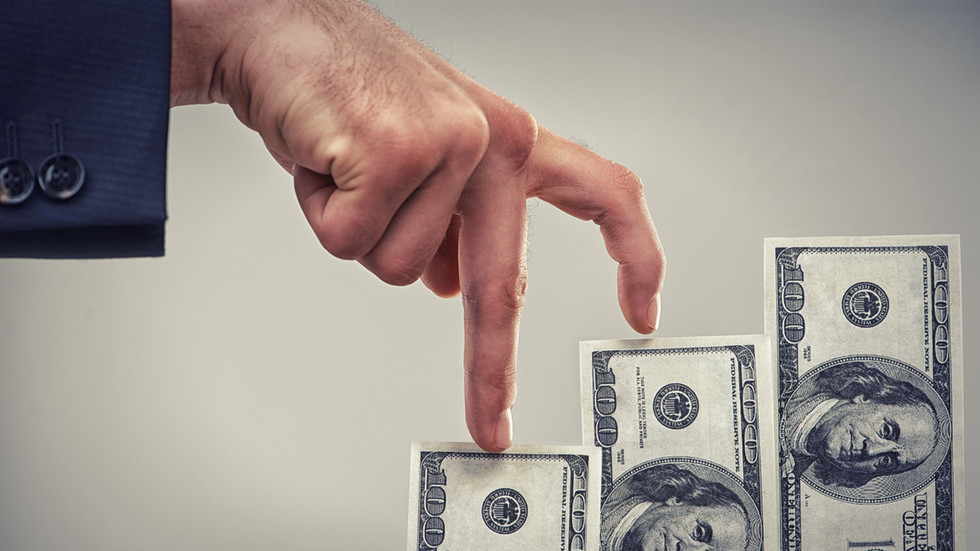
The February meeting minutes show that officials are still concerned with inflation despite the recent slowing

© Getty Images / PeopleImages
US inflation is showing signs of slowing, but not enough to allow the Federal Reserve to ease monetary policy, the regulator’s February meeting minutes released on Wednesday show.
According to the document, inflation in the country “remained well above” the 2% target, while labor markets “remained very tight, contributing to continuing upward pressures on wages and prices.”
“Participants noted that inflation data received over the past three months showed a welcome reduction in the monthly pace of price increases but stressed that substantially more evidence of progress across a broader range of prices would be required to be confident that inflation was on a sustained downward path,” the minutes said, noting that “ongoing” rate hikes will be necessary. At the meeting, the Fed approved yet another 25-basis point increase, bringing the rate to a target range of 4.5%-4.75%.
The extent of the upcoming rate increases has not been revealed, and the minutes show that officials are divided on the issue. However, in an interview with CNBC, St. Louis Fed President James Bullard suggested that a more aggressive hike would give the regulator a better chance to rein in inflation at a faster pace.
“It has become popular to say, ‘Let’s slow down and feel our way to where we need to be.’ We still haven’t gotten to the point where the committee put the so-called terminal rate… You’ll know when you’re there when the next move could be up or down. Our risk now is inflation doesn’t come down and reaccelerates, and then what do you do? Let’s be sharp now, let’s get inflation under control in 2023,” he said.
READ MORE: High US inflation could last a decade – investment expert
US inflation somewhat cooled in January, rising at an annual rate of 6.4% and up 0.5% from December. Analysts predict another quarter-point rate hike in March, and two more later in the year to bring the indicator to a peak of 5.25%-5.5%. Market experts, however, warn that if the regulator rushes the hikes or brings the rate too high, the economy could plunge into a recession.
For more stories on economy & finance visit RT’s business section




